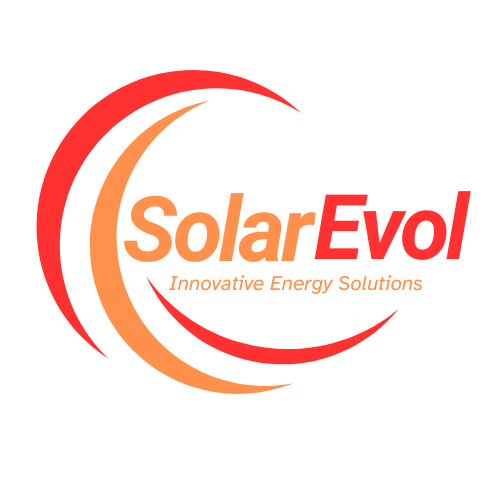The Case of the $0 Solar Scam
🌞Summary Notes
This blog post follows Ameenah Rahimi, a Mississauga mother who signed up for a “$0 down” solar program that promised savings but delivered confusion, hidden fees, and a 25-year lease she didn’t fully understand. Sold on sunny promises and smooth talk, she quickly found herself paying two energy bills—and owning nothing.
When she realized the fine print told a different story, Ameenah fought back. Through legal action, contract review, and neighborhood organizing, she broke free and turned her cautionary tale into a community resource. She still believes in solar—but only if you own it.
☞☞ Click here to read the full blog post!! ☀️📄🚪
⚡ Key Themes
🔹 The Solar Sales Trap
Ameenah was sold on: ✅ “No money down”
✅ “Government-backed”
✅ “Lower bills guaranteed”
But behind the pitch was a subscription-based lease—not ownership.
🔹 The Illusion of Ownership
Her roof generated energy, but she didn’t own the system, couldn’t claim tax credits, and had no control over pricing or repairs. A contract clause locked her in for 25 years—with annual rate hikes and minimum usage fees.
🔹 Reading the Fine Print
💡 Ameenah re-read her contract and found a clause about energy production guarantees.
💡 When the company under-delivered, she used that clause to negotiate an exit.
💡 It wasn’t clean—but it was possible.
🔹 From Victim to Advocate
After exiting the lease, she started a neighborhood group chat.
📢 Three other families had signed similar contracts.
🏠 One couldn’t sell their home because of the solar lien.
⚡ Another had inoperable panels with no response from the company.
🔹 Community Education & Empowerment
Ameenah now speaks at local events, reviews solar contracts, and shares a handout titled “Before You Sign: Ask These Questions.” She helps others ask the tough questions she didn’t know to ask—until it was almost too late.
⚡Discussion Questions
💬 Contract Confusion
-
Why do “$0 down” offers feel appealing—and how do companies use that to their advantage?
💬 Ownership vs. Leasing
-
What’s the difference between owning a solar system and subscribing to one? Why does it matter?
💬 Fine Print Fallout
-
What red flags should homeowners look for before signing solar agreements?
💬 Community Power
-
How did Ameenah’s experience turn into advocacy—and what impact did it have on her neighborhood?
💬 Consumer Protection
-
What should regulators and communities do to prevent misleading solar contracts?
⚡Action Steps for Homeowners
✅ Ask Who Owns the System – If it’s not you, you’re not in control
✅ Read the Contract Carefully – Especially terms about pricing, ownership, moving, and system performance
✅ Don’t Be Rushed – Pressure tactics are a red flag
✅ Compare Options – Get quotes from trusted, local installers—especially ones that offer purchase options
✅ Organize Locally – Talk with neighbors and share resources to avoid common traps
⚡Reflection
Solar can be a smart, empowering investment. But only if it’s transparent, ethical, and truly yours. Ameenah’s story reminds us that the biggest risk isn’t in the panels—it’s in the contracts we don’t fully understand.

